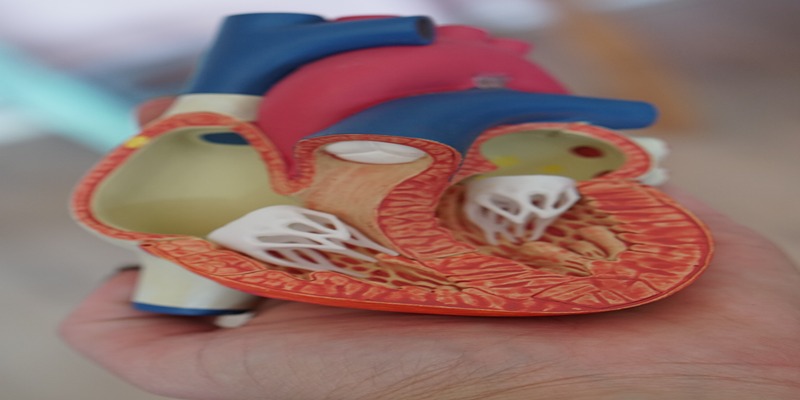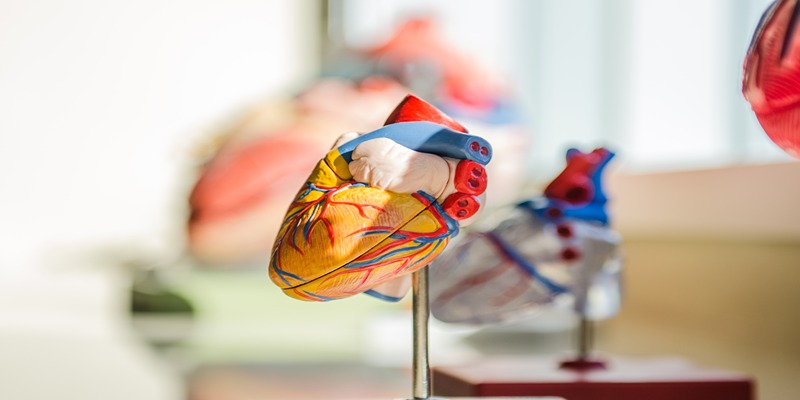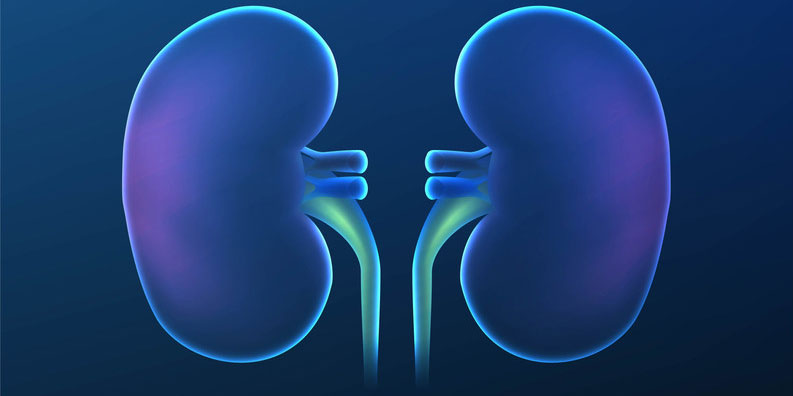Unlocking the Potential of Cardiac Rehab for Lifelong Health and Longevity
Nov 01, 2023 By Madison Evans
The principal aim of cardiac rehabilitation, which is also called cardiac rehab, is to enhance cardiovascular health under the supervision and direction of medical professionals. The exercise, education, and counseling program primarily caters to individuals who have recently experienced cardiac events, including heart attacks, or have undertaken surgical procedures. To promote longevity and overall health in a society where cardiovascular disease remains a significant cause of death, it is critical to have a thorough comprehension of the advantages linked to cardiac rehabilitation.

The Need for Good Heart Health
Cardiovascular disease is a significant public health issue that has the potential to manifest at any stage of an individual's lifespan. Indeed, they constitute a prominent factor contributing to early mortality on a global scale. When cardiac dysfunction occurs, it impairs the heart's ability to efficiently circulate blood, resulting in various systemic complications. Impaired cardiovascular health not only impedes an individual's capacity to do daily tasks, but also diminishes their overall life expectancy. The compromised cardiovascular health of several people necessitates the abandonment of rewarding professional pursuits, leisure activities, and even visits to healthcare facilities. This highlights the utmost importance of prioritizing optimal cardiac care.
Constituents of Efficacious Cardiac Rehab Regimens
Physical Activity
Calibrated exercise routines are an essential component of any cardiac rehabilitation program. A common practice in physical fitness regimens is the inclusion of aerobic activities, such as walking or cycling, with resistance training programs and even swimming. Aerobic exercise has been shown to enhance endurance and improve cardiac contractility, therefore bolstering the heart's capacity to circulate blood. In contrast, resistance training has the potential to enhance both metabolic function and muscular strength. The primary objective of these personalized strategies is to enhance cardiac function and overall well-being in order to mitigate the probability of recurring cardiac episodes.

Nutritional Guidance
The significance of diet in relation to heart health is indisputable, as it serves as a fundamental component within cardiac rehabilitation regimens. The dietitians involved in these programs provide guidance to participants on strategies to reduce their intake of saturated fats, achieve and maintain a healthy body weight, and enhance their overall cardiovascular well-being. The emphasis transitions towards a dietary pattern characterized by the consumption of whole grains, lean sources of protein, and a variety of vegetables and fruits. In summary, the impact of an individual's diet on their cardiovascular well-being establishes the need of including dietary modifications as a fundamental component of cardiac rehabilitation.
Psychological Support
The significance of the psychosocial component of cardiac rehabilitation is often disregarded. A cardiac event has the potential to induce emotional disorientation, characterized by feelings of grief or concern. Counseling and group therapy are often used psychosocial interventions provided to individuals participating in rehabilitation programs. Individuals experiencing difficulties in making substantial life adjustments have shown notable effectiveness when using cognitive behavioral therapy techniques. The provision of emotional support enhances patients' capacity to cope with their mental health challenges, hence facilitating their physical recovery. Given the inherent interconnectedness of the body and mind, it is imperative that a comprehensive approach to rehabilitation include both aspects.
Cardiac Rehab Longevity: How It Extends Life
Mechanisms for Longevity
The process of cardiac rehabilitation has the potential to significantly enhance an individual's life expectancy. In the beginning, the regular workout routines actively strive to improve cardiovascular function. Enhanced cardiac output has been shown to enhance the delivery of oxygen and nutrients to various tissues throughout the body, including the brain. This improvement in oxygen and nutrition supply not only reduces the likelihood of cardiovascular disease but also mitigates the danger of other systemic ailments. Meticulous consideration of dietary choices also has a role in mitigating the accumulation of arterial plaque, hence reducing the likelihood of experiencing a stroke or heart attack in the future. The implementation of lifestyle changes throughout the rehabilitation process significantly influences an individual's lifespan. Cardiac rehabilitation, essentially, orchestrates a multifaceted approach to address the fundamental factors contributing to premature mortality.
Quality of Life Improvements
The advantages of cardiac rehabilitation extend beyond just survival and have a significant impact on an individual's quality of life, therefore garnering considerable attention. Due to the augmentation of their physical capabilities, individuals have an increased capacity to engage in daily tasks, including ascending stairs without experiencing breathlessness and partaking in previously arduous endeavors. Enhanced nutritional intake often leads to weight loss and heightened self-assurance. The impact of stress on mental health may be adverse; however, with the use of psychological interventions, individuals can acquire skills to effectively cope with and mitigate its effects. Furthermore, the comprehensive nature of this approach often leads to a reduction in medication use, therefore safeguarding patients from the adverse effects and exorbitant expenses associated with long-term pharmaceutical interventions. Cardiac rehabilitation integrates nutritional, psychological, and physical interventions with the aim of achieving outcomes beyond mere longevity.
Practical Steps for Engaging in Cardiac Rehab
Following an extensive exploration of the many potential benefits associated with cardiac rehabilitation, the subsequent inquiry that naturally arises pertains to the initiation process. During the first consultation, the healthcare provider will assess your suitability for cardiac rehabilitation. In contemporary times, individuals have the opportunity to engage in a diverse range of endeavors within their vicinity, such as local healthcare facilities, community establishments, or virtual platforms. It is advisable to contact a qualified specialist in order to ascertain the most appropriate course of action for addressing your health issues. Assuming proactive measures is crucial; enhancing longevity encompasses more than just extension of one's lifespan.
Conclusion
Cardiac rehabilitation has the potential to greatly enhance both life expectancy and quality of life. The achievement of desired outcomes necessitates the implementation of a complete program that is grounded in empirical research. This program should include consistent engagement in physical activity, meticulous attention to dietary choices, and the cultivation of steadfast mental resilience. Individuals who are committed to improving their cardiovascular well-being should consult with their healthcare provider on potential rehabilitation alternatives. Cardiac rehabilitation has the potential to facilitate not just survival but also overall well-being.

Why Am I Breaking Out? 8 Sneaky Causes of Acne - From Secrets to Solutions

Mastering Meditation: A Comprehensive Scientific Guide for Stress Reduction and More

Best Kidney Disease Treatments

The Grave Reality Behind Snoring

Healthy or Not: The Truth About Gummy Bears

What Is Citric Acid

Best Practices for Storing Coconut Oil


